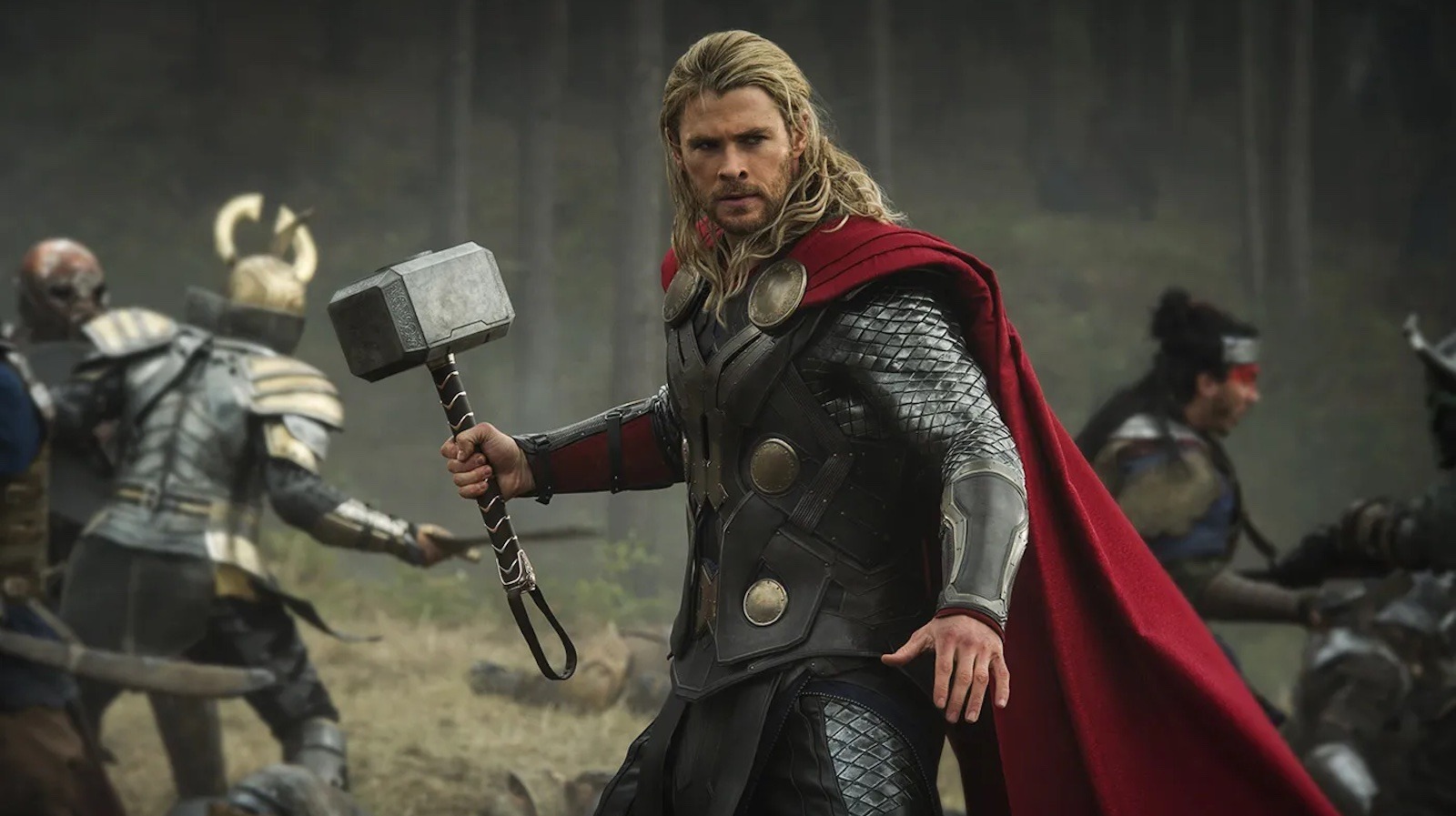Things changed dramatically in the edit, with lots of reshoots and retooling. What eventually hit theaters didn’t resemble Taylor’s original cut. Speaking further in that same THR interview, the director explained what his version might have looked like:
“The version I had started off with had more childlike wonder; there was this imagery of children, which started the whole thing. There was a slightly more magical quality. There was weird stuff going on back on Earth because of the convergence that allowed for some of these magical realism things […] People [such as Loki] who had died were not dead, people who had broken up were back together again. I think I would like my version.”
Mads Mikkelsen and Benedict Cumberbatch — both of whom would eventually join the MCU in other roles — were in talks to play Malekith. In the end, it was Christopher Eccleston (“Doctor Who”) who won the role. The actor didn’t exactly have a good time, to put it mildly. “Working on something like ‘G.I. Joe’ was horrendous. I just wanted to cut my throat every day. And ‘Thor?’ Just a gun in your mouth,” the actor said in reflection in 2018.
This was one of the first times that the beast that the MCU had become started to show some cracks. The production deadline was very tight as a result of the release date “The Dark World” had to hit. The script was also always in flux, it seemed.
Christopher Markus and Stephen McFeely, who would go on to write “Avengers: Infinity War” and “Avengers: Endgame” as well as several other MCU films, ended up getting credited on the film’s screenplay alongside Christopher L. Yost, with Payne and Rodat getting a story credit. “To be honest, we don’t know who’s gonna get credit on that movie. There are a lot of people who contributed to it so it may not be us, we don’t know,” McFeely said in April 2013. Never a good sign.
Thor: The Dark World is the disappointing middle sibling between Ragnarok and the original, but it had so much promise. What did Marvel do wrong? Read More

